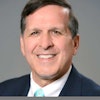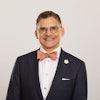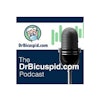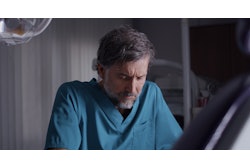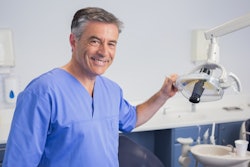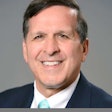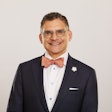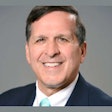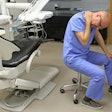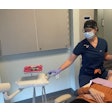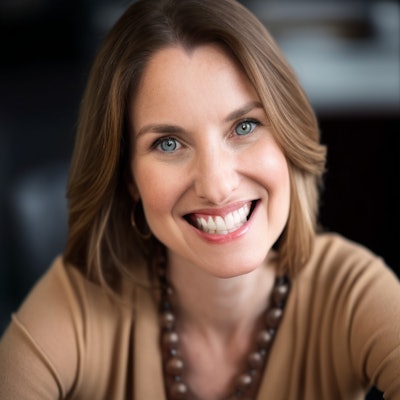
Whether you’re in a private practice or part of a large dental group, you have probably noticed someone in your practice who is feeling burned out.
The Mayo Clinic defines job burnout as a type of work-related stress that leads people to feel worn out physically or emotionally. People who are burned out may experience the following:
- Self-doubt in their skills or abilities
- Lack of energy
- Difficulty focusing
- Trouble sleeping
- Less patience with colleagues and patients
We asked three DSO leaders to share their thoughts -- and solutions -- for burnout.
Curtis Swogger, COO of My Community Dental Centers (34 locations in Michigan)
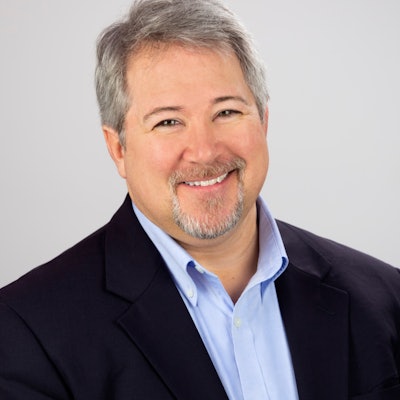 Curtis Swogger.
Curtis Swogger.
"I believe all positions suffer from burnout and compassion fatigue at any given time. Burnout and compassion fatigue can be experienced simultaneously.
"It's important to understand what the difference is and what drives them. Burnout stems from occupational stress and being overworked.
"When the team is shorthanded, that is one example that can lead to burnout. Compassion fatigue comes from our teams feeling helpless in the face of patient suffering. When we cannot get a patient in sooner, that is an example that can lead to compassion fatigue.
"It's important that you have a strong culture that includes compassion. Culture is what people do when nobody's watching.
"Having a leadership team that is compassionate and supportive of the team is one piece of this dynamic. Having a pulse on the team, all the way down to the entry-level position, is a step in the right direction. The leadership team needs to know what right looks like. Having a strong culture and listening to your team members are key."
Dr. Kalpesh Patel, founder and CEO of Active Dental (four locations in Texas)
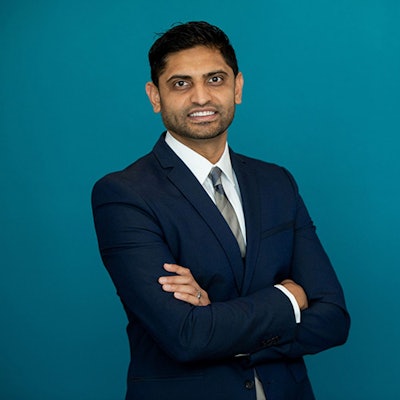 Dr. Kalpesh Patel.
Dr. Kalpesh Patel.
"We’re noticing that our front office teams are burned out. One of the biggest reasons is the toll that insurance verification takes. When you’re on hold for 40 minutes or fighting to get necessary care approved, you just feel beat down.
"We have learned to leverage technology and some outsourcing to help support our business administrative team and reduce the burden -- and the stress -- on them. We have a remote team member through Support DDS who has made us much more effective. By combining outsourcing with technology, which has helped us streamline our revenue cycle management processes, we have been able to reallocate at least 25 to 30 hours a week."
Dr. Larry Moray, founder and CEO of MyOrthodontist North Carolina/Key Dental Management Solutions (14 locations in North Carolina)
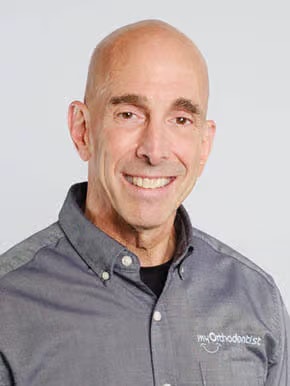 Dr. Larry Moray.
Dr. Larry Moray.
"Honestly, we have had little burnout in our offices. Our philosophy is to put others first and treat others as we want to be treated -- and that extends to our employees and their families.
"Our teams really are our extended families, and that goes a long way in keeping dedicated, like-minded co-workers engaged and reducing burnout. We hold regular team-building events in every office, which allows the teams some great downtime and a chance to socialize.
"Finally, I am getting back to personally visiting offices and taking everyone out for a late lunch, which gives us all a chance to chat, chill, and unwind. We typically shift the schedule so that the teams can join me for lunch without the stress and pressure of having to return to the office to see patients.
"For more strategies that can help you create a great culture that can help you hire and retain great team members, check out this video, Overcoming Staffing Shortages in Dental: Implementing the Right Processes, Technologies, and Solutions.”
Beth Gaddis is the editor in chief at Planet DDS, a dental technology company specializing in cloud-based practice management systems, digital imaging, and dental marketing services. Previously, Gaddis was the marketing director for two large dental service organizations. Prior to entering the dental industry, Gaddis was a journalist for 16 years in a variety of roles, including as a TV news producer at the CBS affiliate in Boston. You can connect with Gaddis on LinkedIn.

